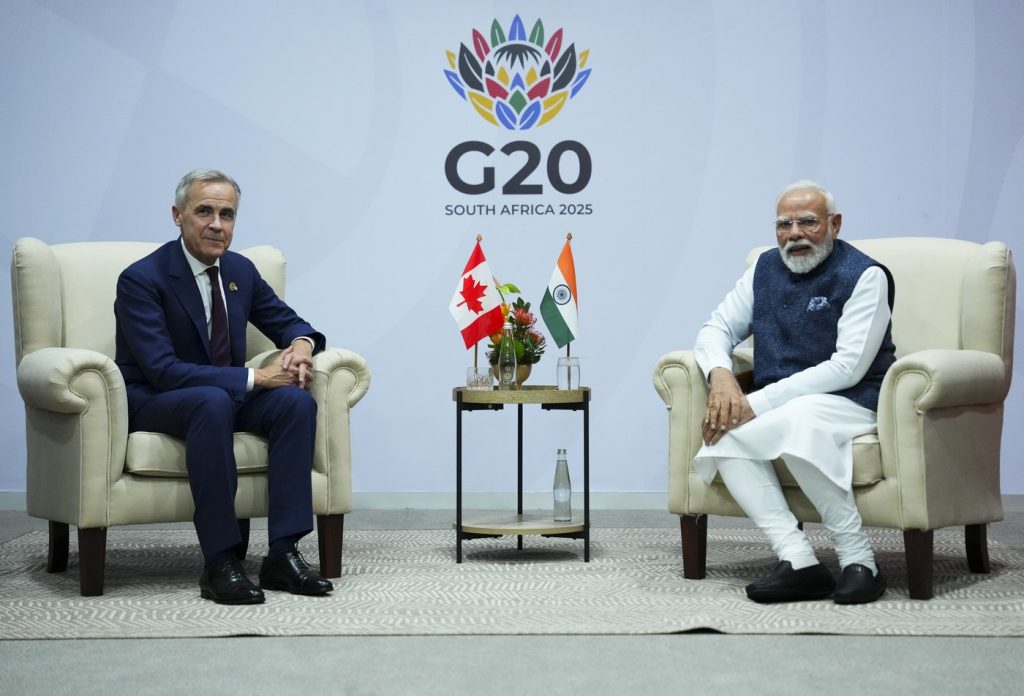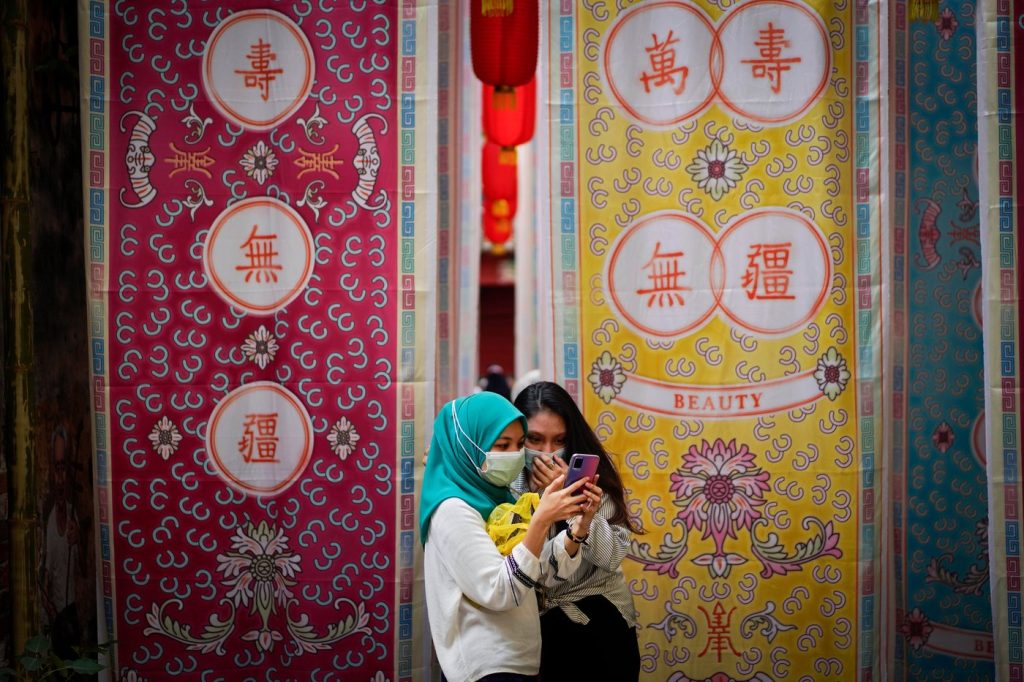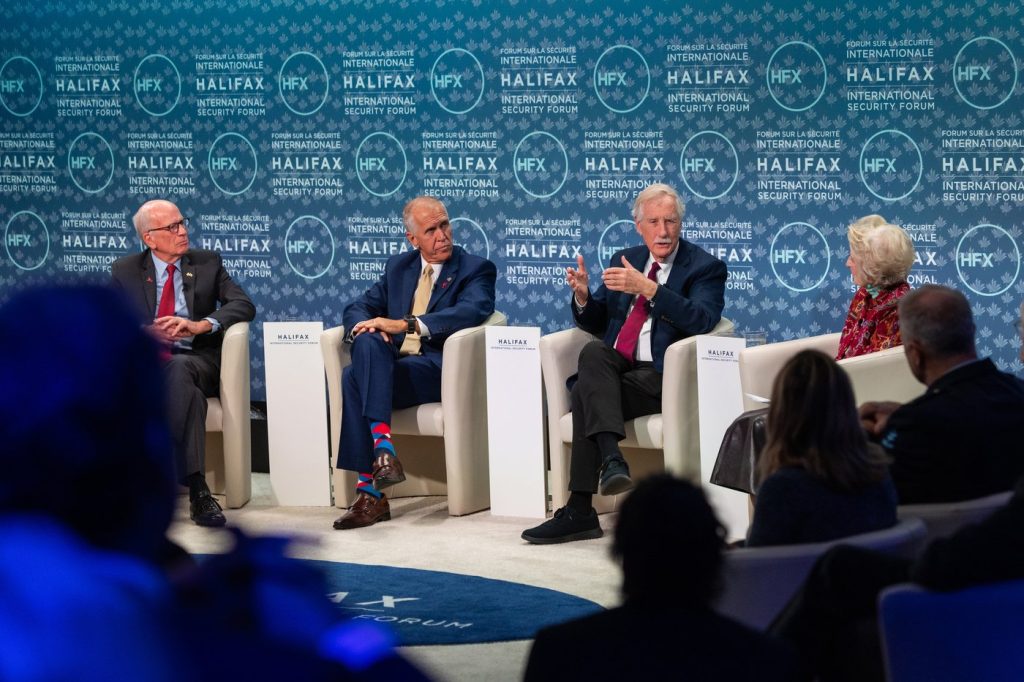JOHANNESBURG — Prime Minister Mark Carney of Canada and Indian Prime Minister Narendra Modi are renewing their efforts to establish a Comprehensive Economic Partnership Agreement (CEPA), a trade deal that both nations have been negotiating since 2010. At the G20 summit held in Johannesburg, Foreign Affairs Minister Anita Anand announced that the two leaders have formally agreed to launch negotiations for this comprehensive agreement.
Anand detailed that the CEPA aims to cover a range of areas including goods, services, investments, agriculture, digital trade, labour mobility, and sustainable development, among others. She emphasized that negotiations would commence "as soon as possible," showcasing the urgency both leaders feel about finalizing this trade deal.
The two leaders also discussed advancements in artificial intelligence (AI) and digital technology, highlighting their mutual interest in promoting these fields as part of their burgeoning relationship. Canada and India had previously initiated discussions for a comprehensive trade agreement 15 years ago but shifted their approach to focus on a sectoral deal covering specific industries, until the fall of 2023.
Anand noted that Modi and Carney are actively striving to ensure the CEPA is finalized promptly. Despite the positive momentum, it's noteworthy that in 2023, Canada suspended trade discussions following allegations from the Royal Canadian Mounted Police (RCMP). The RCMP claimed that the Indian government was involved in the assassination of a Sikh activist near Vancouver, prompting concerns over coercion and extortion.
In the lead-up to his meeting with Modi, Carney emphasized the importance of maintaining a security dialogue between Canada and India. He stressed the necessity of sharing information, safeguarding sovereignty, and rebuilding trust, particularly in light of a federal inquiry earlier in the year that labeled New Delhi as one of the most significant perpetrators of foreign interference in Canada. “We have to remain vigilant,” Carney asserted. He also reaffirmed India's status as a reliable trade partner, despite occasional disputes.
According to Anand, both countries aim to double their two-way trade by the year 2030, aspiring to reach a total of US$50 billion. Canada currently ranks as India's seventh largest trade partner for goods and services, while also being one of the largest foreign investors in India. Additionally, on the previous Saturday, Canada joined a trilateral agreement with India and Australia concerning advanced technologies, indicating a comprehensive approach to international cooperation in technology and innovation.
Carney is expected to visit India next year, although specific dates have not been confirmed yet. One potential opportunity for this visit could be during a summit scheduled for February in New Delhi focusing on AI, where Canada is taking the lead in a working group. When discussing the timing of this potential visit, Anand identified that both countries are aligned in their concerns and priorities.
“The focus right now is on ensuring that we are securing investments that bolster the Canadian economy,” Anand remarked. She indicated that both nations are acutely aware of the current realignment in the global trading order and the noticeable volatility within the geopolitical landscape, which adds further complexity to their negotiations and collaborative initiatives.












